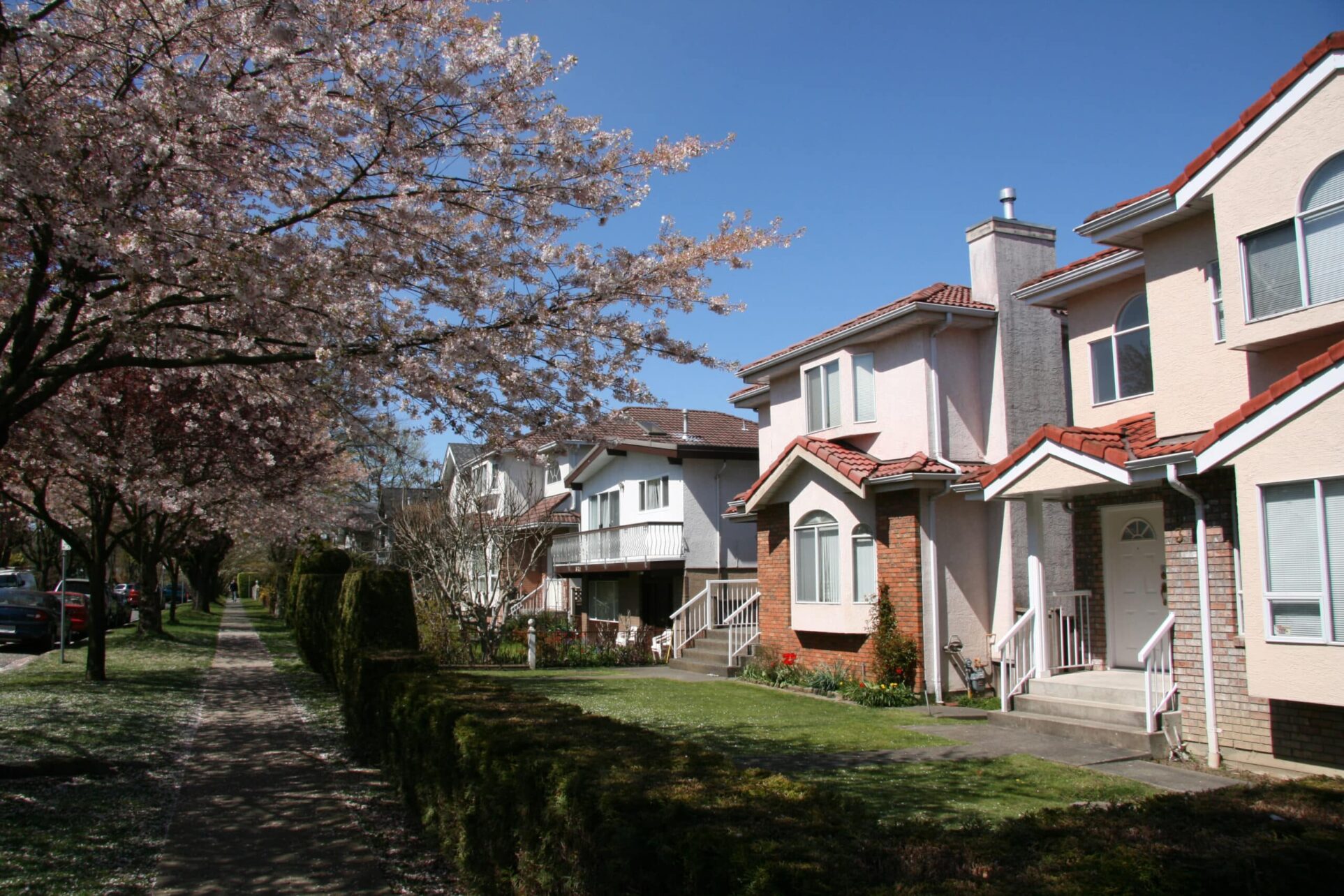Experts Fear Effects Of Red-hot Housing Market On Homeowners
Mortgage experts are warning that the recent sharp increase in mortgage loans will come at a steep cost for Canadians.
On June 18, the government reported that Canadians have broken the record for the fastest monthly increase of housing loans in the country’s history. Homeowners took out nearly $18 billion in new mortgage loans, leading to a total of $2 trillion in housing debt in the country. Canada’s total mortgage debt has grown by 7.8 percent over the last year.
Throughout 2021, Canada’s housing market has been red-hot; demand for housing has rested high above the supply, and prices have risen accordingly. With more debt being required to pay off mortgages, Canadians have gone in over their heads, experts fear.
C.D. Howe Institute economist Jeremy Kronick explains that the country’s sky-rocketing mortgage debt numbers are not surprising consider the state of the housing market.
“The fundamentals here are pretty clear,” he says. “Over the course of the pandemic there have been low interest rates, tight housing supply, and big increases in disposable income. At the same time, debt servicing costs are actually lower now than they were before the pandemic. So, you combine all those things, and it’s not really surprising that people are taking on more debt.”
The Bank of Canada has argued that new measures should be put in place to make it harder to obtain a mortgage – this would stop buyers from ending up with mortgages that they may be unable to pay off.
This month, Canada’s federal banking regular tightened rules pertaining to mortgage stress tests for the same reason.
As mortgage debt continues to rise, experts fear that homeowners will struggle to pay off their loans if the Bank of Canada raises interest rates later this year.
Inflation is expected to subside eventually – but if it continues to rise rapidly, experts believe interest rates could increase sooner than expected.
Pedro Antunes, chief economist at the Conference Board of Canada, warns that homeowners taking on larger mortgages should be aware of the risk they’re taking.
“The real risk is around a housing market correction,” he said. “We’re starting to see home prices declining and there’s a real risk this could unravel more than we expect.”
Following a heated housing market, the average price for a home in Canada has increased by 38 percent over the last year. Numbers finally began to show signs of cooling in May, with a slight decrease of home sales – and according to Antunes, we may see a slight correction in housing costs in the near future.
Share this article
Kelly Wilson
Kelly Wilson, a top national mortgage producer, has dedicated 19 years to customizing financial solutions for clients across Canada. Her strategic approach has facilitated over $1 billion in mortgage funding. Starting her real estate investment journey at 21, she now holds $11 million in assets. Kelly's mission is empowering clients to achieve financial freedom and sustainable wealth.




